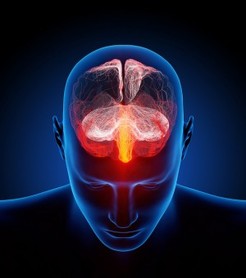
The team of researchers from the Center for Addiction and Mental Health’s Campbell Family Mental Health Research Institute in Toronto, Canada, conducted positron emission tomography (PET) with 20 major depressive episode (MDE) patients secondary to depression and 20 healthy participants without any mental disorder and non-smokers.
The scan gives compelling evidence about microglial activation, in MDE which is responsible for inflammation in brain cells. The finding suggests that the therapeutics used for minimizing the microglial activation would be more effective in treating patients with MDE.
 RSS Feed
RSS Feed
